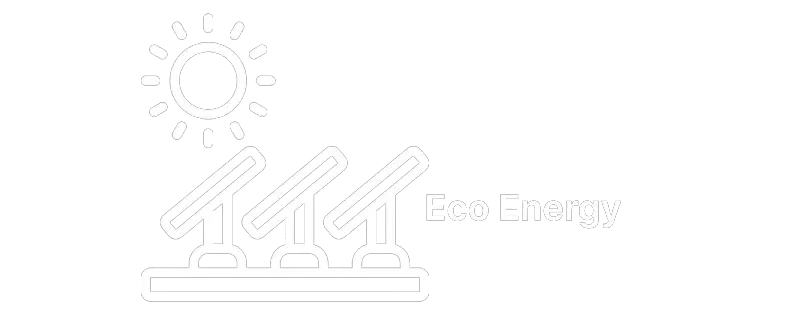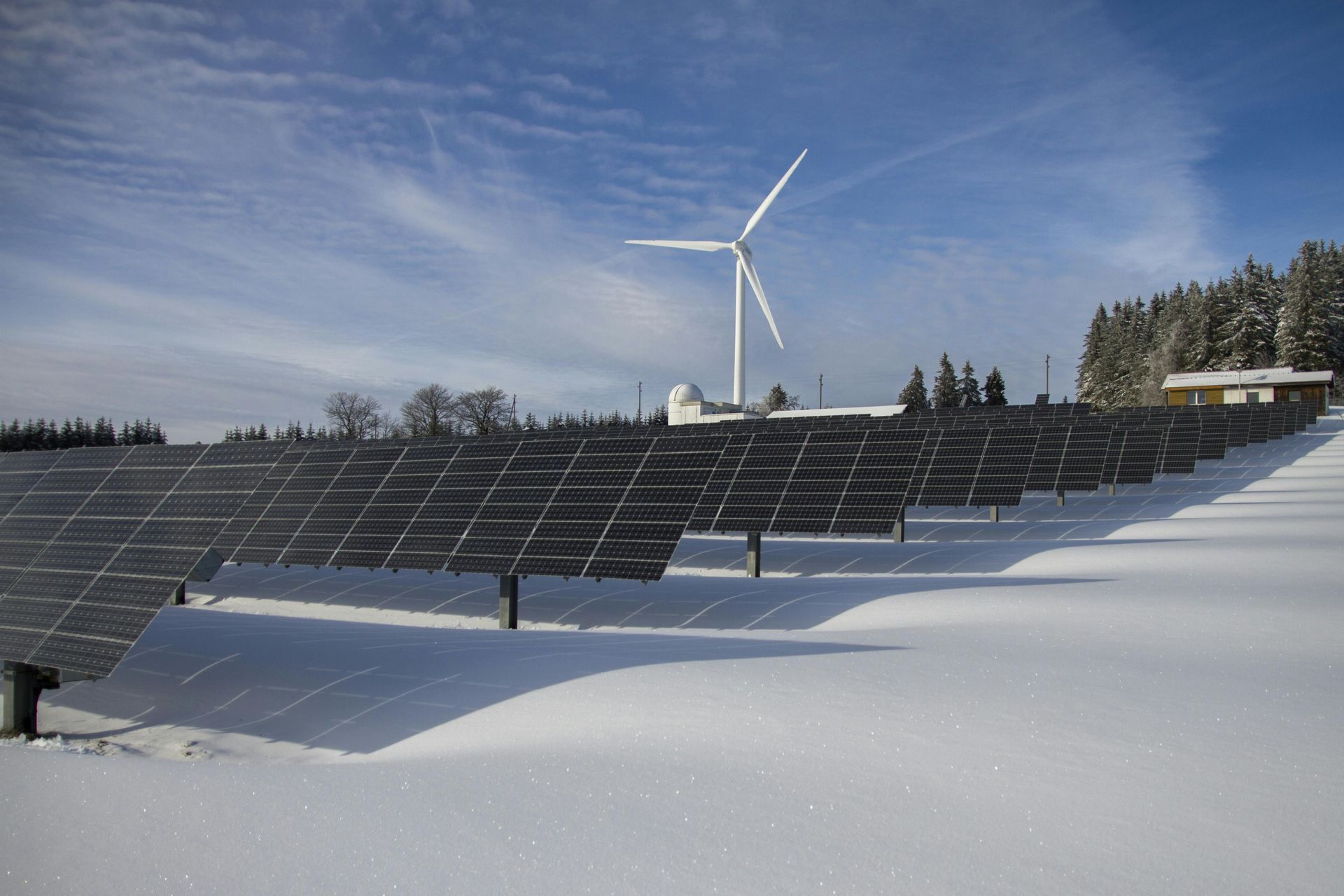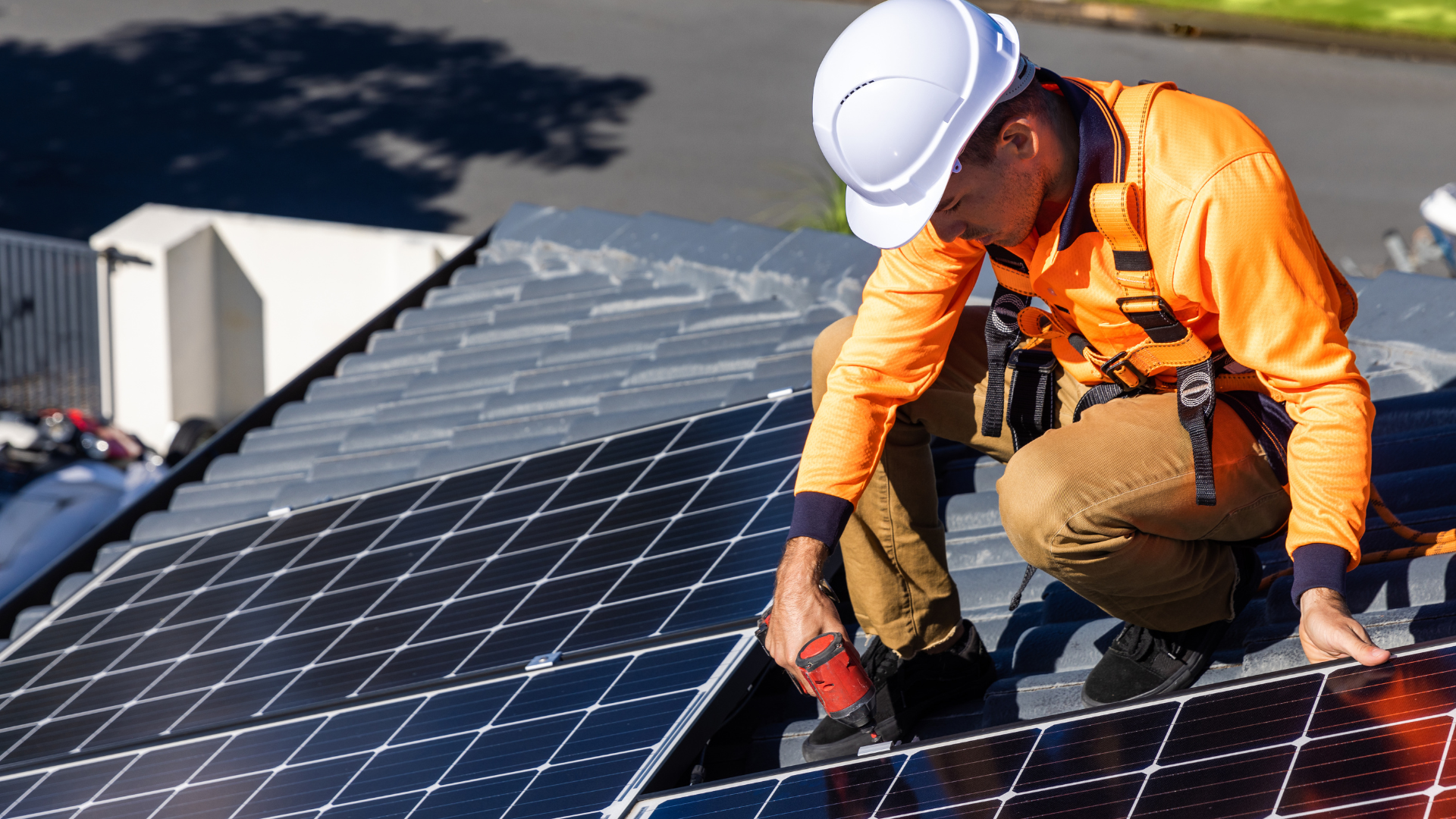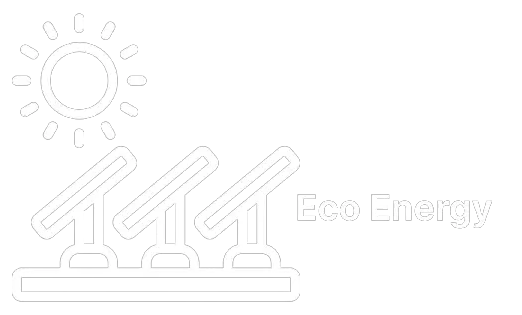Improving Commercial HVAC Resilience in Minnesota: How to Boost Efficiency, Reliability, and Energy Savings
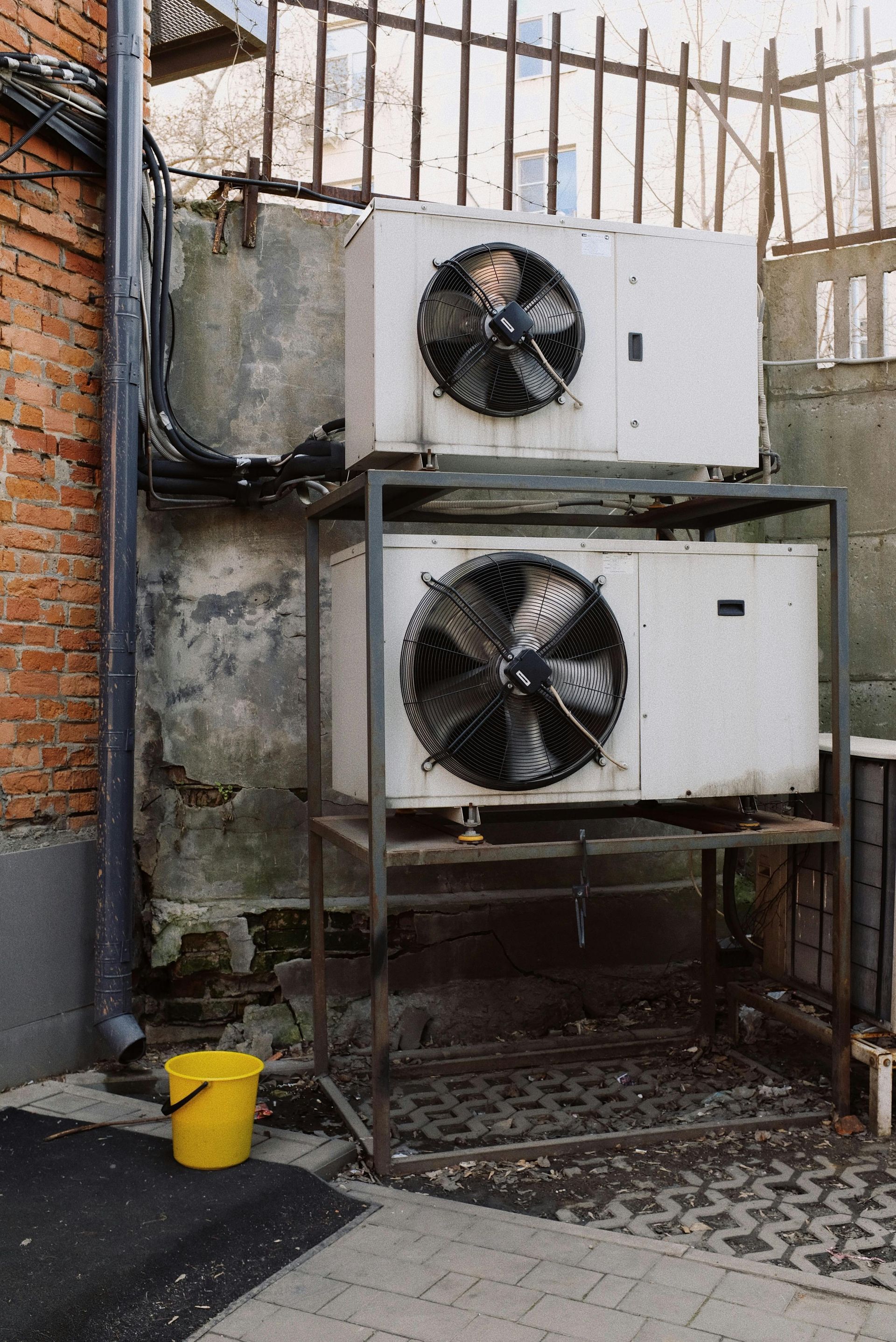
Heating, ventilation, and air conditioning (HVAC) systems are the backbone of commercial buildings in Minnesota. They keep tenants comfortable, protect equipment, and ensure healthy indoor air quality through long winters and hot, humid summers. But HVAC systems also represent a major cost center—consuming up to 40 percent of a commercial building’s total energy use.
With rising energy prices, climate challenges, and increasing sustainability requirements, businesses must not only prioritize efficiency but also resilience and reliability. An HVAC system that fails during a Minnesota cold snap or summer heat wave can disrupt operations, drive up costs, and even create safety risks.
In this article, we’ll explore how businesses can strengthen HVAC resilience, improve reliability, and reduce energy waste in commercial buildings.
Why HVAC Resilience Matters in Minnesota
Minnesota’s climate creates conditions where HVAC systems face extraordinary demands:
- Frigid Winters: Heating systems run for extended periods, pushing boilers, furnaces, and heat pumps to their limits.
- Hot, Humid Summers: Cooling systems work hard to manage both temperature and humidity.
- Sudden Weather Shifts: Rapid transitions between heating and cooling seasons strain system controls.
- Grid Stress: Peak energy demand during weather extremes can increase the risk of outages.
For Minnesota businesses, resilient and reliable HVAC is not just about comfort—it’s about operational continuity, safety, and cost control.
What Is HVAC Energy Resilience?
HVAC energy resilience refers to a system’s ability to maintain performance and comfort despite stressors such as high demand, equipment failure, or power disruptions. Reliable HVAC ensures that critical building functions continue without costly downtime.
Key aspects of HVAC resilience include:
- Efficient Design: Systems sized and configured to handle Minnesota’s extreme weather.
- Smart Controls: Automation that adjusts performance dynamically.
- Backup Capabilities: Redundancy, backup power, or alternative systems.
- Preventive Maintenance: Proactive servicing that reduces failure risks
Strategies to Improve HVAC Resilience and Reliability
1. Conduct Regular Energy Audits
An energy audit identifies inefficiencies and vulnerabilities in HVAC performance. Audits reveal opportunities for retrofits, controls upgrades, and maintenance that extend system life.
Commercial Energy Audit – Eco Energy Solutions MN LLC
2. Upgrade to Smart HVAC Controls
Smart thermostats, sensors, and building automation systems (BAS) improve resilience by automatically adjusting HVAC operation based on occupancy, temperature, and outdoor conditions. They also enable participation in demand response programs, providing cost savings while enhancing reliability.
3. Prioritize Preventive Maintenance
Routine maintenance is one of the most cost-effective ways to ensure HVAC reliability. This includes:
- Cleaning and replacing air filters
- Checking refrigerant levels
- Inspecting ducts for leaks
- Testing controls and calibration
- Lubricating moving parts
Proactive maintenance reduces the likelihood of unexpected breakdowns during peak seasons.
4. Add Redundancy and Backup Systems
For critical facilities such as hospitals, data centers, or large office buildings, redundancy is key. Installing backup chillers, boilers, or emergency generators ensures HVAC operation during outages or system failures.
5. Improve Building Envelope Efficiency
Reducing heating and cooling loads improves HVAC resilience. Insulation upgrades, high-performance windows, and air sealing help stabilize indoor temperatures, lowering the strain on HVAC systems.
6. Leverage Energy Storage and On-Site Renewables
Pairing HVAC with on-site solar panels or battery storage provides additional resilience by reducing reliance on the grid. Batteries can power HVAC systems during short outages, ensuring comfort and safety.
7. Monitor Indoor Air Quality (IAQ)
Reliability isn’t only about temperature. Monitoring and controlling humidity, ventilation, and air quality prevent system overuse while supporting occupant health.
Benefits of Improving HVAC Resilience
- Lower Utility Costs: Efficient and reliable systems reduce wasted energy.
- Fewer Breakdowns: Preventive maintenance and monitoring reduce unexpected failures.
- Extended Equipment Life: Systems that operate within optimal ranges last longer.
- Compliance and Sustainability: Reliable HVAC supports compliance with Minnesota benchmarking ordinances and helps achieve ENERGY STAR scores.
- Business Continuity: Reliable climate control reduces downtime and improves tenant satisfaction.
Incentives for HVAC Upgrades in Minnesota
Minnesota utilities offer rebates and programs that align with HVAC resilience upgrades:
- Xcel Energy: Rebates for high-efficiency chillers, boilers, and smart controls.
- CenterPoint Energy: Incentives for condensing boilers, energy recovery systems, and controls.
- Minnesota Energy Resources: Rebates for efficient furnaces, rooftop units, and tune-ups.
Xcel Energy Business Rebates – https://co.my.xcelenergy.com/s/business
These programs can significantly offset the cost of upgrades while improving long-term resilience.
FAQs About HVAC Resilience and Reliability
How often should commercial HVAC systems be serviced in Minnesota?
Ideally, twice a year—before the heating season and before the cooling season.
What is the most common cause of HVAC failure?
Poor maintenance, clogged filters, refrigerant leaks, and failing controls are leading causes of system breakdowns.
Can building automation improve HVAC reliability?
Yes. BAS ensures consistent performance, flags issues early, and helps avoid energy waste.
Do resilience upgrades always require new equipment?
Not always. In many cases, adding controls, sensors, or performing retrofits improves reliability without full replacement.
How does HVAC resilience support sustainability goals?
Reliable and efficient systems reduce wasted energy, cut emissions, and improve compliance with benchmarking ordinances.
Why Work With Eco Energy Solutions MN LLC
At Eco Energy Solutions MN LLC, we specialize in helping Minnesota businesses improve HVAC performance through energy-efficiency and resilience strategies. Our services include:
- Commercial energy audits to identify vulnerabilities
- Smart HVAC controls and BAS integration
- Preventive maintenance and performance tracking
- Guidance on rebate programs and financing options
- Long-term strategies for sustainable building operations
Take the Next Step
If you’re ready to improve HVAC reliability, reduce utility costs, and ensure comfort year-round, it’s time to invest in energy resilience for your commercial building.
Call Eco Energy Solutions MN LLC today for a consultation, or request a quote online at https://www.minnesotaecoenergysolutions.com/contact
We proudly serve businesses in Minneapolis, St. Paul, New Hope, and surrounding Minnesota communities.
